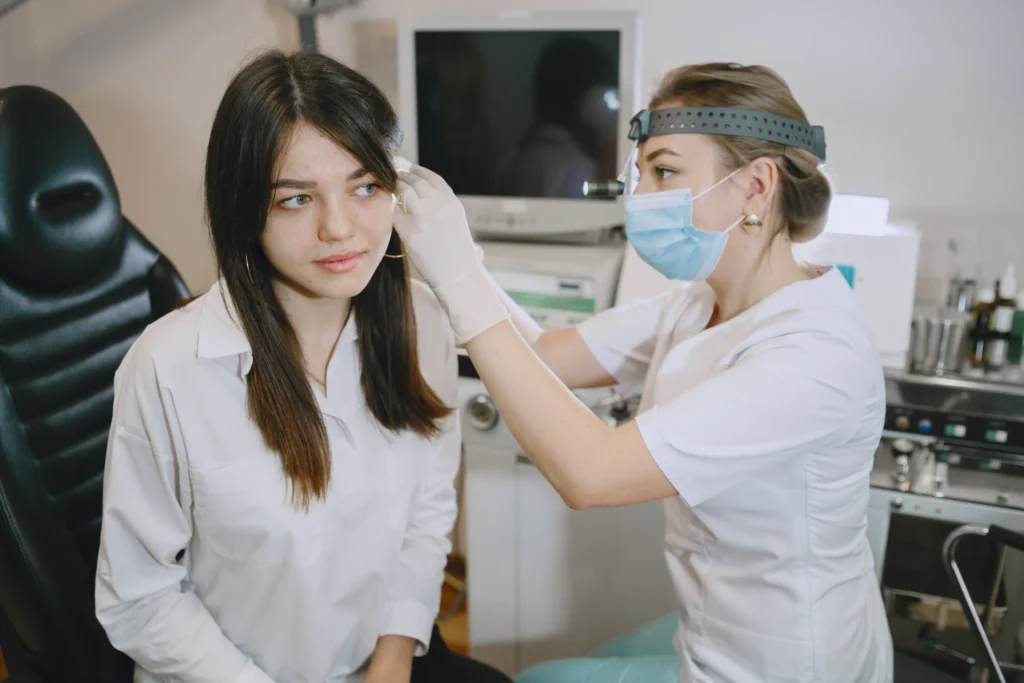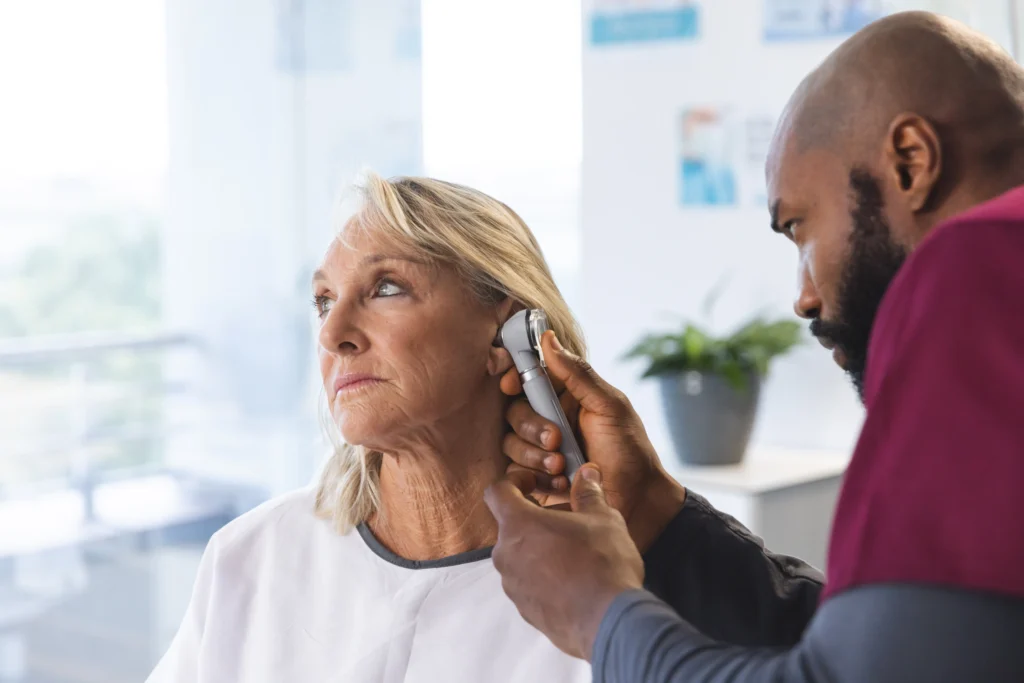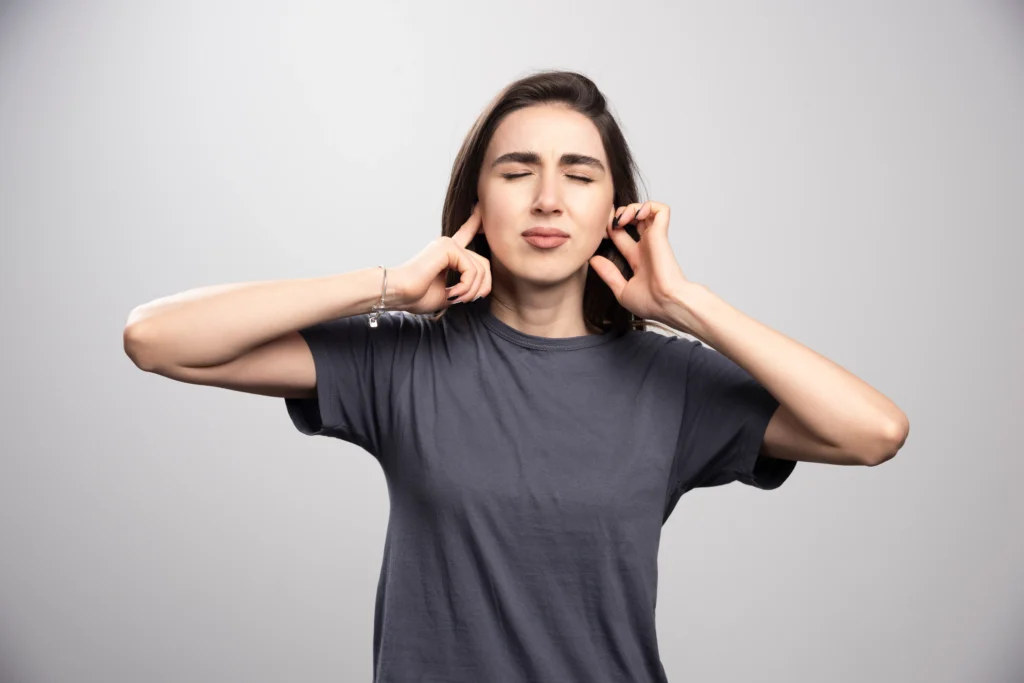Many people who wear an analog hearing aid and want to use a mobile phone at the same time must make sure that the two devices are compatible with each other. Otherwise, there is a risk that annoying noise will arise when making a phone call, when the hearing aid and the mobile phone meet. These range from a monotonous hum to annoying squeaking, which can also lead to hearing damage. But how do you know that a mobile phone is compatible with hearing aids? There is a simple way to know this, but first let’s look a little deeper into the issue.
When is a cell phone hearing aid compatible? Fortunately, senior cell phones that do not interfere with hearing aids are clearly marked as such. If you are looking for a suitable mobile phone, you should pay attention to the three letters hearing aid compatibility. In the United States, hearing aid compatibility testing is mandatory. The cell phones are checked here in two ways:
M-Rating: Testing of compatibility with hearing aids that contain an induction coil.
T-Rating: Testing of compatibility with inductive hearing aids.
The results of the test are expressed in the form of numbers. While the 1 is a lower compatibility results, the 4 indicates that there is good compatibility. Fortunately, more and more European providers have adapted to this test system. Both the M and T ratings are very reliable but are no guarantee that the cell phone will not interfere with the hearing aid.
Conversely, this can also mean that cell phones that have not undergone any testing can also function properly. So, there is no guarantee in any case. So just to recap: Mobile phones that are hearing aid compatible have packages labeled with M or T ratings. The labels M3, M4, T3 or T4 on the box, means that the cell phone has been designated for hearing aids and is very much compatible.
Bluetooth Connections on Mobile Phones
Modern hearing aids are equipped with wireless interfaces that can be used to connect to smartphones. The hearing aids can then be conveniently operated using the mobile phone. In addition, hearing aids can be paired with other devices with Bluetooth wireless technology such as a music system and flat screen TV. All hearing aids that are equipped with Bluetooth technology are suitable for connection to the smartphone. In addition, the manufacturer of your hearing aids must provide an app for operating the hearing solution.
You can use the app to conveniently control the hearing aids with your smartphone: for example, make settings on the hearing aids, such as regulating volume and sound and selecting hearing programs. The hearing programs can not only be changed, but also personalized in different listening environments using geotagging. To do this, the app uses the smartphone’s GPS location function for your hearing aids. It allows sound settings to be saved depending on the location.
The next time you are in the appropriate location, the app automatically activates the appropriate personalized hearing program. If you play music on your mobile phone, the sound can be transmitted directly to the hearing aids. The sound can be adjusted from the app. The same applies to phone calls, they can also be directed to your hearing aids. The advantage: you understand your conversation partner optimally, there are no disturbing background noises.
So, the newer models of mobile phones will most definitely be compatible as they must be, by law. It is known however that people who wear hearing aids or have implanted hearing devices may experience some difficulties when trying to use cell phones. This is according to the FDA. This means that some older models may cause a little interference, which may include buzzing, high-pitched whistling sounds or static.
It is best to upgrade your phone of course talk to your hearing professional to ensure that you are to update with everything that is needed. Your newer iPhone models and Android will definitely be compatible which ensures you can use your hearing aid without any issues. You can hear crisply so that you can have optimum quality of life every day.
Call us today at +1 (802) 922-9545 to schedule a consultation with our hearing professionals and experience crystal-clear conversations without interference!









